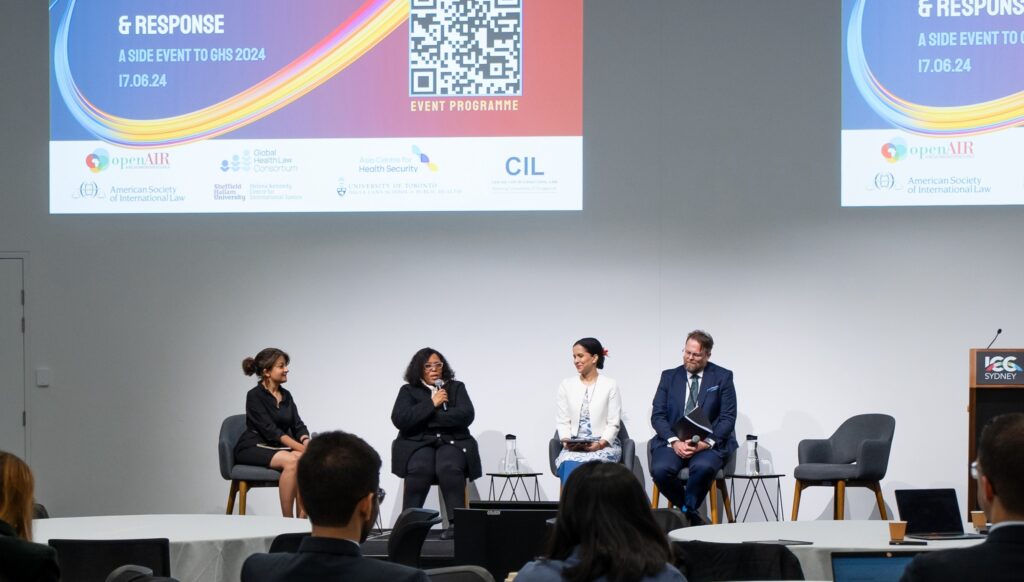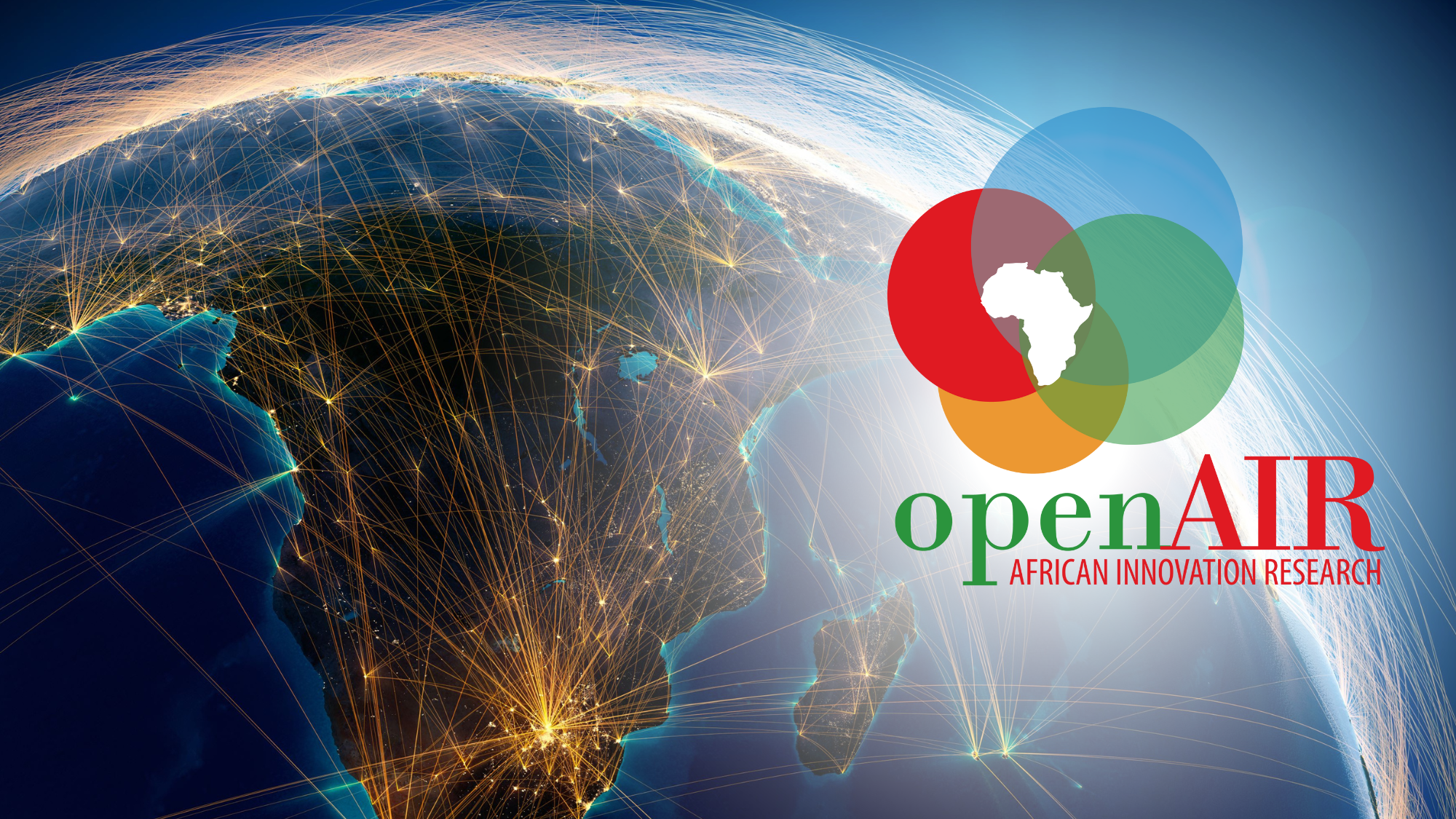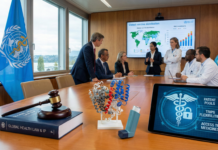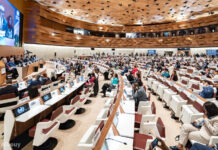By Charlotte Galvani and Jeremy de Beer
Negotiations toward a new international treaty on pandemic preparedness and response have failed to reflect a rights-based consensus to address disparities in health equity. One problem COVID-19 exposed is inequity in the global intellectual property system. Major concerns exist around inequitable access to technology such as vaccines, diagnostics, and therapeutics to combat not just COVID-19 but other future health threats. And new concerns are arising over access to and sharing the benefits of pathogen gene sequence data that foster biomedical innovation.
At the 2024 Global Health Security Conference in Sydney, Australia, held between June 18 and 21, world-renowned experts gathered to share innovative ideas, spark and sustain critical connections, and deliberate on ground-breaking solutions for the prevention, protection, and response to future global threats.

Photographer: Tristan Cascailh
Hosted on June 17th, “The World Together in Pandemic Preparedness and Response” was a full-day side event to the Global Health Security Conference that brought the global health law community together to discuss international legal considerations in the pandemic treaty negotiations and the amendments of the World Health Organization’s 2005 International Health Regulations (IHR). In a session moderated by Dr. Ayelet Berman, speeches and the discussion were centered on critical issues such as pathogen access and benefit sharing (PABS), intellectual property (IP) rights, technology transfer, ethical considerations, and exploring regional initiatives. uOttawa Law Professor Roojin Habibi chaired an insightful and open-ended conversation with high-level diplomats and advisers in these ongoing global health law reforms, including Precious Matsoso, Co-Chair of WHO’s Intergovernmental Negotiating Body (INB) for the pandemic treaty, Dr. Aalisha Sahukhan, the Fijian representative in the IHR amendments and pandemic treaty negotiation processes, and Dr. Adam Kamradt-Scott, co-convenor of the 2024 Global Health Security Conference and Cummings Foundation Professor of One Health Diplomacy at the Fletcher School of Law and Diplomacy, Tufts University.
With support from Open AIR, the Asia Centre for Health Security, the NUS Centre for International Law, the Dalla Lana School of Public Health at the University of Toronto, the Helena Kennedy Centre for International Justice of Sheffield Hallam University and the American Society of International Law’s Global Health Law Interest Group, the gathering highlighted collaborative efforts across regions and disciplines to address global health challenges. The event underscored the important role of law and policy in global health governance, specifically regarding themes of human rights, equity, and ethical considerations in pandemic management.
Open AIR researchers such as Dr. Hamid Benhmade have been outspoken about the weakened language at the WHO associated with IP flexibilities for technology transfer. Professors de Beer and Oguamanam have also spoken of the shortcomings exposed by the COVID-19 pandemic, highlighting specific concerns over PABS and IP in the negotiations for the Pandemic Agreement. They advocate for a rights-based approach in future reforms to pandemic-related international law, aiming to address disparities in health equity and access.
This work is part of Open AIR’s new portfolio of research seeking equitable solutions to post-pandemic innovation challenges and supporting more inclusive and sustainable regulation for innovation in Africa and globally.
The involvement of Open AIR emphasizes a commitment to fostering dialogue and actionable outcomes in global health governance, utilizing interdisciplinary approaches and regional collaborations to mitigate future pandemic risks. As stakeholders continue to navigate the complexities of pandemic management, Open AIR remains committed to advocating for inclusive and equitable approaches to knowledge sharing and pandemic response strategies.










